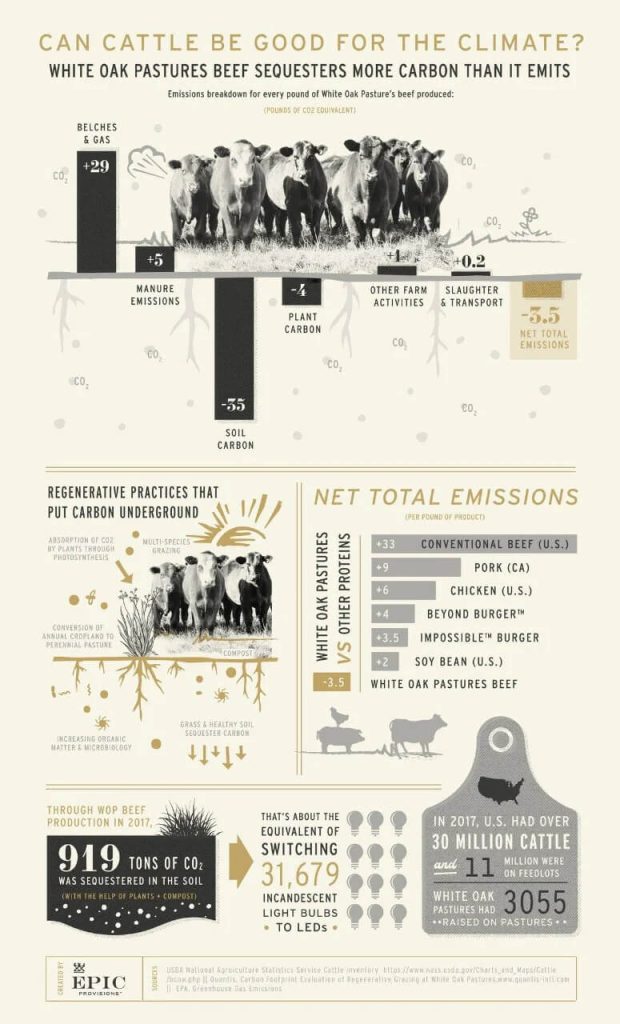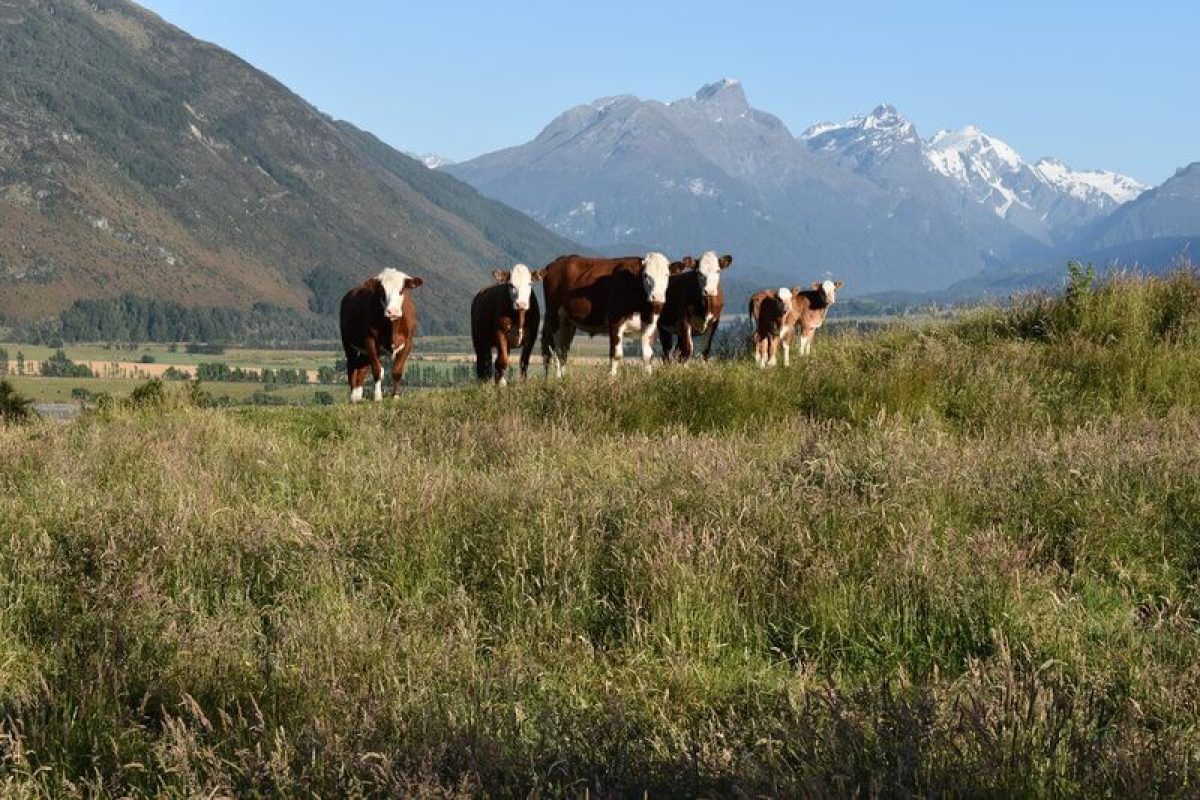The government has certainly created strong reactions from all sectors with the announcement of how they plan to charge farmers for Green House Gas Emissions by introducing the New Zealand methane tax.
This has created a lot of confusion and angst among farmers, with some pretty dire predictions for the future of the New Zealand farming industry based on the modelling of the impact of this legislation.
The negative reaction from the industry is not because it opposes the concept of being accountable for their impact on environmental health and, therefore, climate change. But rather arises from the fact that the draft legislation presented for submission seriously compromises the viability of New Zealand farms without clear justification.
This is especially true for sheep and beef farmers and does not recognise the efforts some farmers have already made to mitigate their emissions through plantings and other steps.
The potential negative effects of the NZ methane tax
Some estimates predict there will be a 20% loss of sheep and beef farms with the conversion of these farms into monocultural indigenous forests. The net effect predicts that this will increase global production of Green House Gasses, not reduce them, as other countries step into the void created by New Zealand farmers without as much care for the environment.
There is predicted to be still more land retired from agricultural production into indigenous forests at a greater rate. This is a one-way process. This land will be lost to agricultural production with consequent degenerative impacts on the environment and society.
Beef and sheep farmers will be worst affected, but dairy farmers are not immune, especially with the increasing carbon price. Professor Keith Woodford covers this well in his blogs.
Increasing the land in monocultural forests will not help heal the harm we have done to our land. There is growing evidence that the shift from productive farmland to monocultural forests will negatively impact the ecological, social, and economic health of regions.
Have they got this right?
Perhaps we need to step back and rethink.
If we stop all emissions now, it will still take centuries to make much change to atmospheric levels of carbon. The most impact will be made by bringing carbon back into our soils. Yes, planting indigenous forests does help draw down carbon from the atmosphere, but it comes with undesirable consequences.

Regenerative principles are changing the agricultural industry
New Zealand’s economy is underpinned by a healthy agricultural industry, but this is being eroded by threats to available land through forestry and urban development. Farmers have shown that with the right encouragement and the creation of conditions, they will adapt to reduce their negative impact on environmental health. Fonterra already reports there has been an 11% reduction in methane production since 2017.

Ata has now completed Ecological Outcome Verification (EOV) on over 100,000 ha of land across the country. A common finding is compacted soils with shallow root structures and little life in our soils.
Farmers are already taking note and changing their practices to those more based on regenerative principles. Work overseas is now supported by New Zealand work, and shows these changes bring back diversity, increase water retention in our soils and lead to greater organic matter and carbon in soils; all of which will positively impact climate.
With the right encouragement, farmers will again be the heroes in this space. We must stop penalising this industry and create conditions for change, resilience, and abundance.
If we are to impact climate, there needs to be a change in the water cycle and hydrology; the soils need to become significant water reservoirs again. Water and carbon move together, and farming practices can and will encourage this outcome.
EOV is recognised globally as the gold standard to verify that land is regenerating under management.
Farmers verified as regenerating their land are eligible to supply products into the Land to Market program, a global program supported by some of the work’s most prominent brands, all committed to increasingly buying produce from land verified as regenerating by EOV.
How we are working towards rewarding farms for generating their land
Ata Regenerative is working with investors to reward farms further for regenerating their land through the payment of ecosystem services.
Farmers who show they can maintain improving ecological health on their land will be financially rewarded for this. This will help farmers resist the high prices offered to sell their land for conversion to forestry and protect our valuable land resource, the resource we need to change our climate impact. It will also preserve our rural economies, the backbone of our country.
To quote Jane Smith’s wise words, let’s stop, have a cup of tea and reconsider. Let’s stop beating up on our core industry and find ways to support them better.
We work with farmers to help with regenerative adoption and implementation and can help them transition to a regenerative future.
Contact us for more information about how we can help you, or visit our home page to start your regenerative journey.


